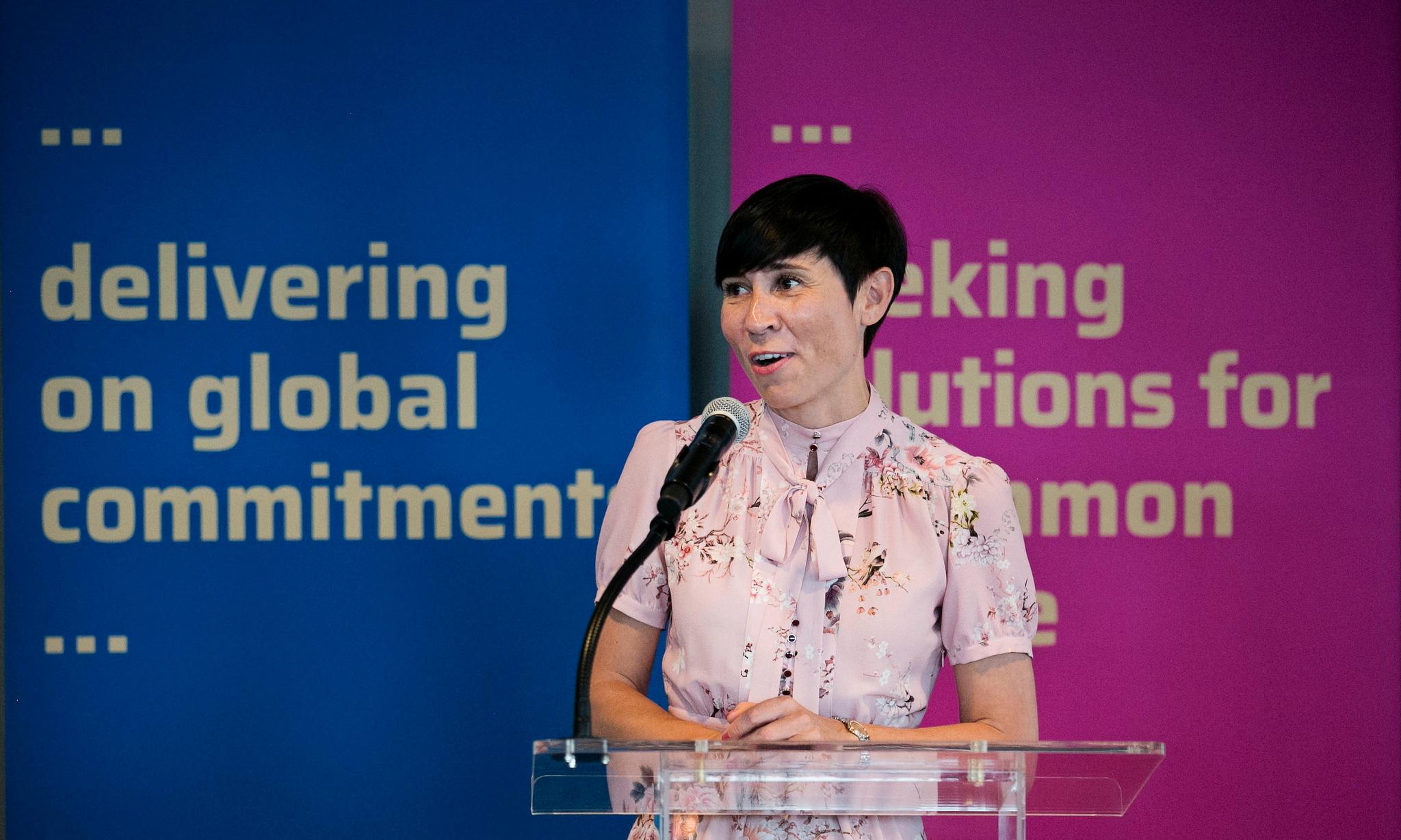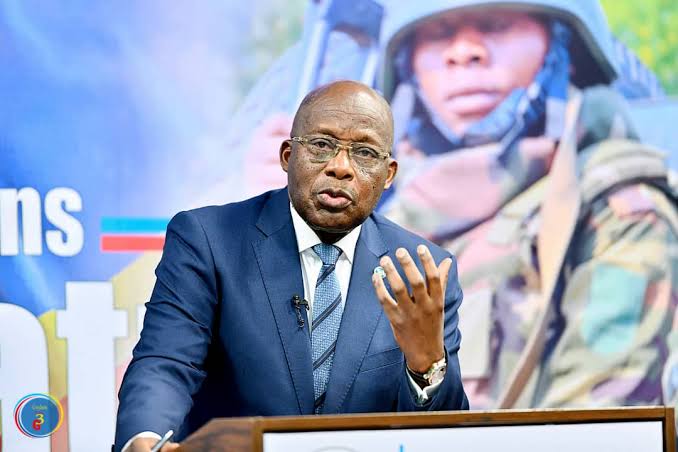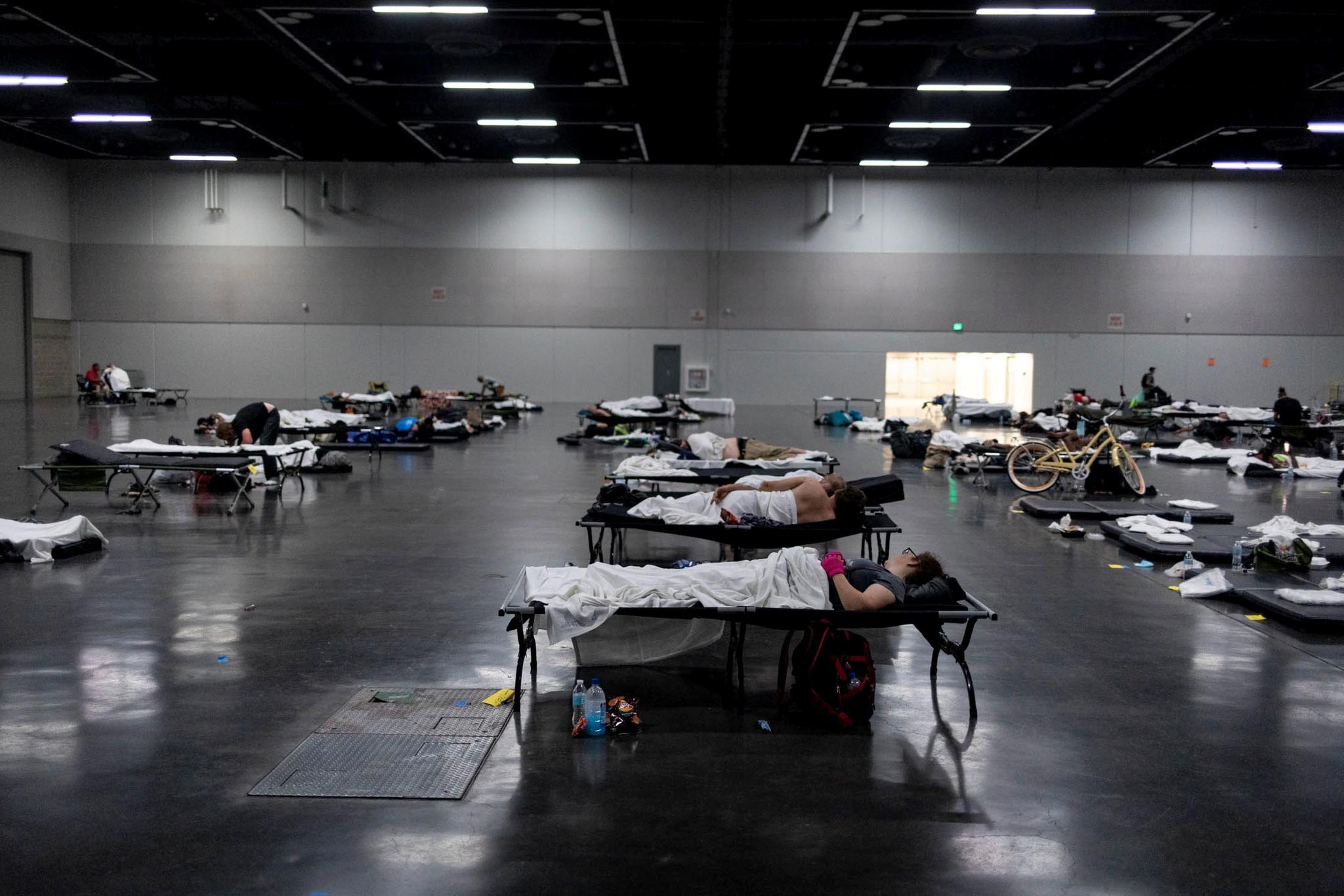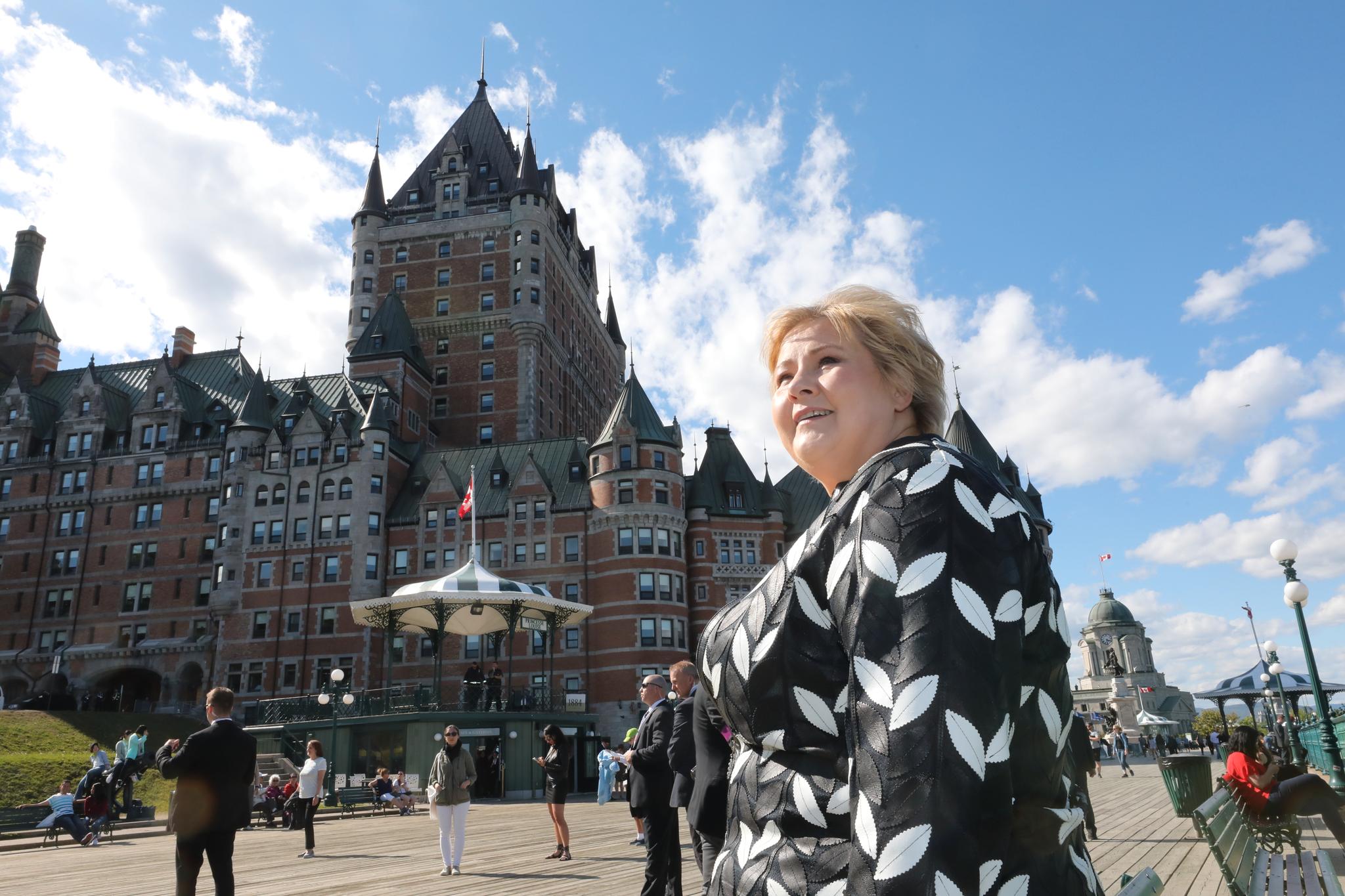The Security Council Room was donated by Norway in 1952. Here in its recently renovated version in 2013.
Norway has a tradition of not stepping on the toes of important great powers, which is not easy.
There is one month left before the elections to the UN Security Council. In an article published on May 24 in Aftenposten, Foreign Minister Ine Eriksen Søreide (H) explains why Norway deserves one of the two available seats and indicates what Norway should do with it.
We agree that a seat on the Security Council can serve Norway’s interests. But we are amazed when Søreide writes about international law. Norway must be “clear and recognizable” and “must work to respect international law, including humanitarian law and human rights.”
Søreide believes that this is a “natural extension of Norwegian foreign policy”. But what she writes is partly about a new foreign policy. Does Norway promise a new course or is it just decoration in the final sprint of the campaign?
No clear voice
Whether Norway has been “clear” in the area of international law can be questioned. The “recognizable” is rather Norway not is clear to close allies or important trading partners.
In the column, Søreide assures that Norway “must take care of relations with its close allies”. For example, our NATO allies rarely hear Norway’s clear voice when they violate international law, whether through U.S. missile attacks in Syria or Turkish invasions of northern Syria. When China failed to release cancer-stricken Nobel laureate Liu Xiaobo from prison, Norway weighed more heavily on its hush-hush agreement against trade with China than on international law.
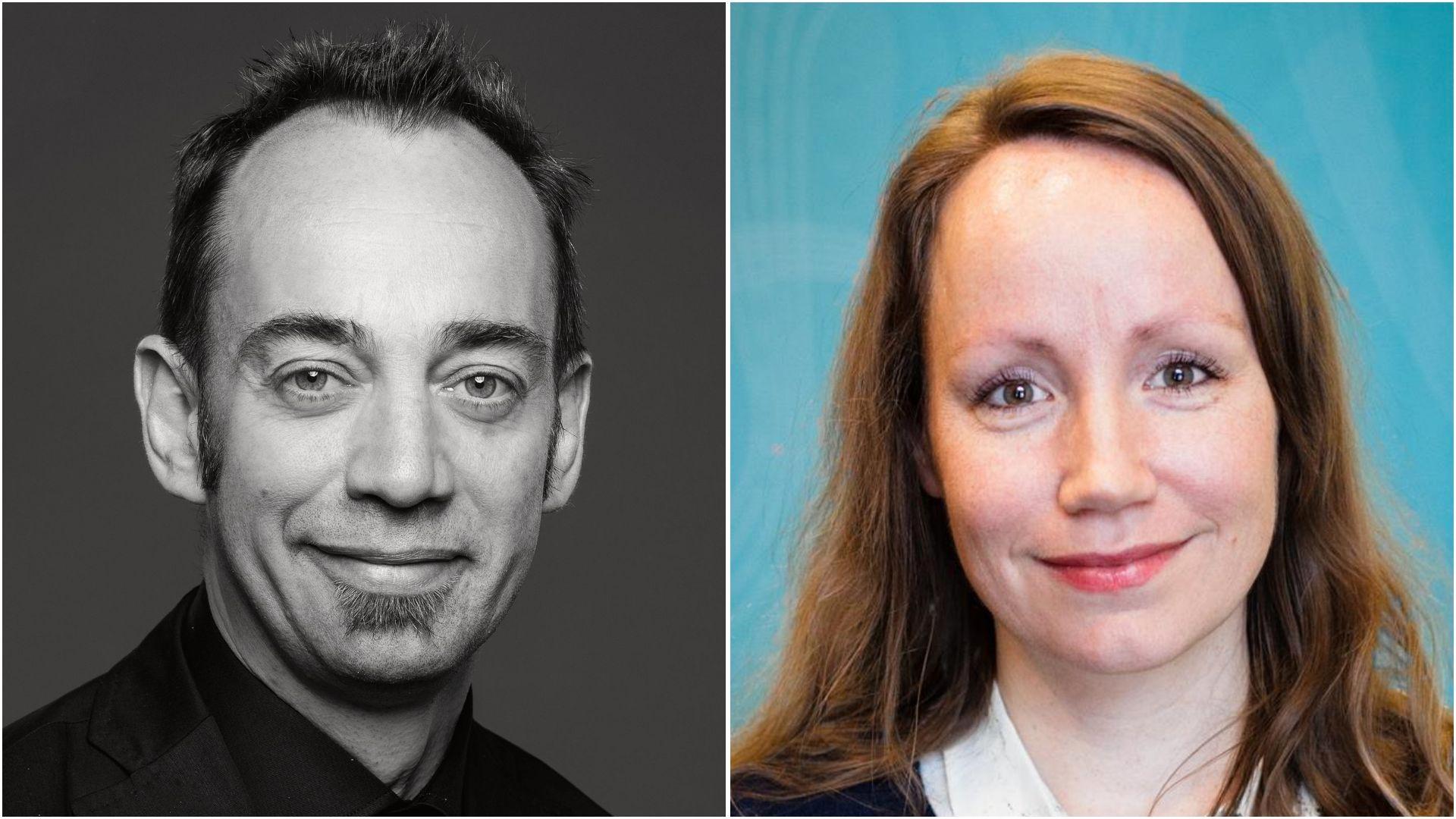
Malcolm Langford is Professor of Law at UiO and project leader for Nordic Branding: Politics of Exceptionalism at UiO: The Nordics. Sigrun Moss is an associate professor in the Department of Psychology at UiO.
Norway’s competitors for Security Council seats, Ireland and Canada, are likely clearer voices on international law.
Ireland is not a member of NATO, an independence argument that it actively uses in the campaign. As an EU member, Ireland can participate in criticism of violations of international law without significant financial consequences. Canada is a member of NATO, but it has a clear voice in many matters of international law. When activists were arrested in Saudi Arabia, Canada came to their defense despite financial reprisals. Norway was calm.
How should Norway be clear in the Security Council?
Don’t step on the superpower stars
While Sweden – which served on the Security Council in 2017-2018 – has traditions of clarity, with the legacy of Olof Palme and his opposition to the Vietnam War, Norway has a stronger tradition of not tread on the toes of important great powers or appear as a country. possible peace negotiator.
As Tove Gravdal recently wrote in Aftenposten, Norway will face the Security Council “thugs” the United States, China and Russia. It is difficult to imagine that Norway is clear on all three elements, although international law deserves to be criticized. We see this in the coronavirus crisis.
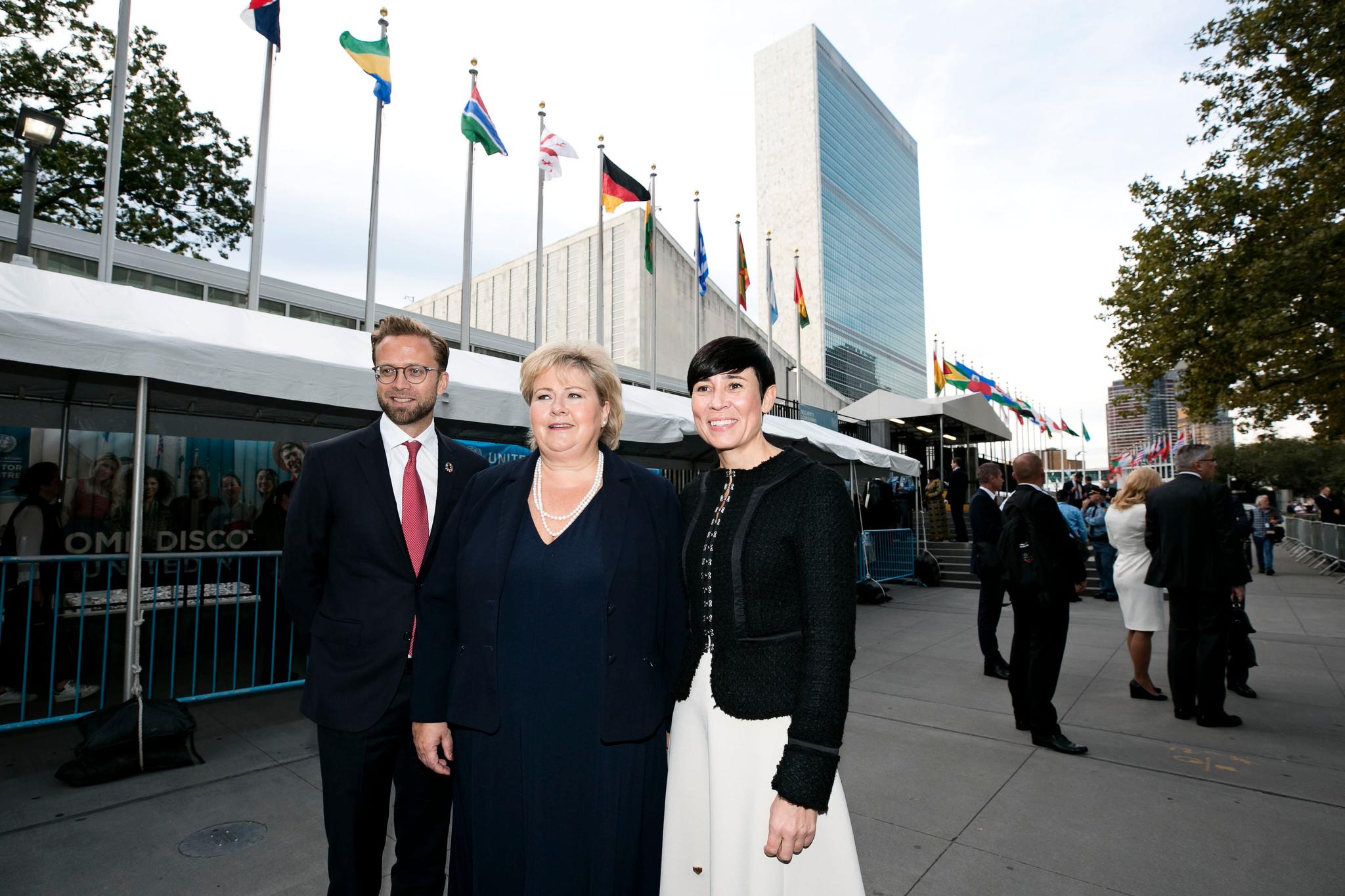
Foreign Minister Ine Eriksen Søreide (right), Prime Minister Erna Solberg and then Development Minister Nikolai Astrup in front of the UN building.
Norway was one of the last countries to support demands from Australia and the EU for an investigation into the virus outbreak, even though China’s failure to warn is a blatant violation of international law . Norway probably wants to avoid the economic punishment that Australia immediately received from China.
Much to prove
The Minister of Foreign Affairs began his column by declaring that “we cannot leave the defense of Norwegian interests to others.” But should the world entrust its interests to Norway?
What Norway is promising is promising, but it will mean charting a new path: moving from a silent and invisible world credible partner, to a clear defender of international international law.
We can hope, but we doubt.
Follow and participate in the debates on Aftenposten opinions on Facebook And Twitter

“Passionate pop cultureaholic. Proud bacon trailblazer. Avid analyst. Certified reader.”

